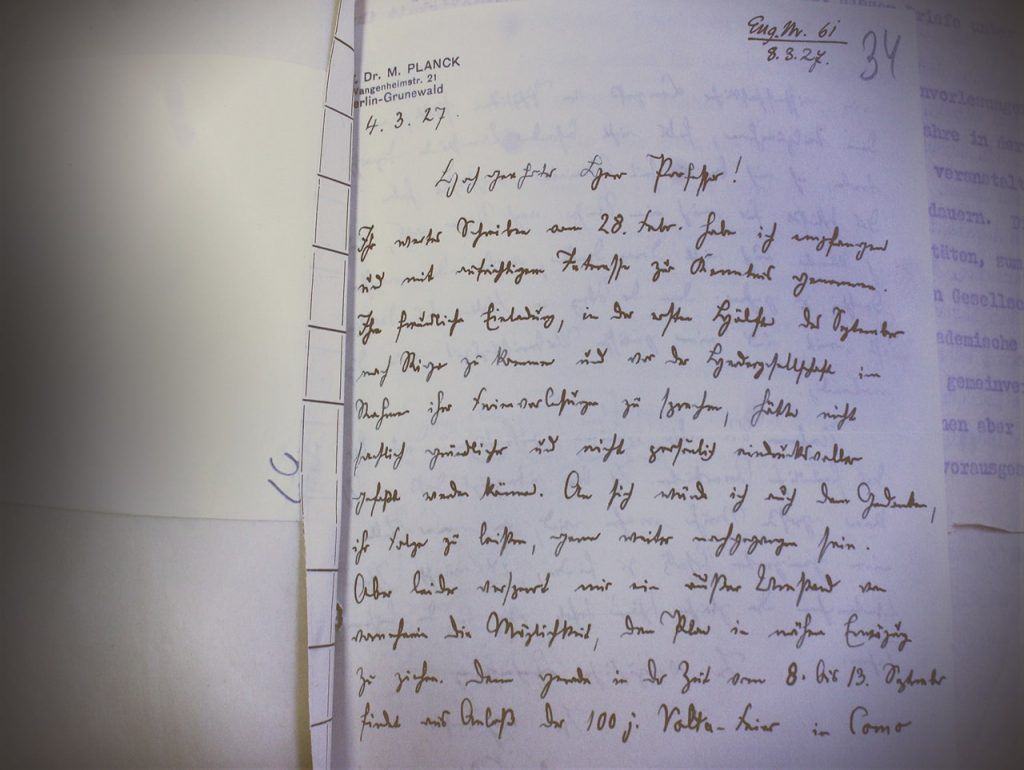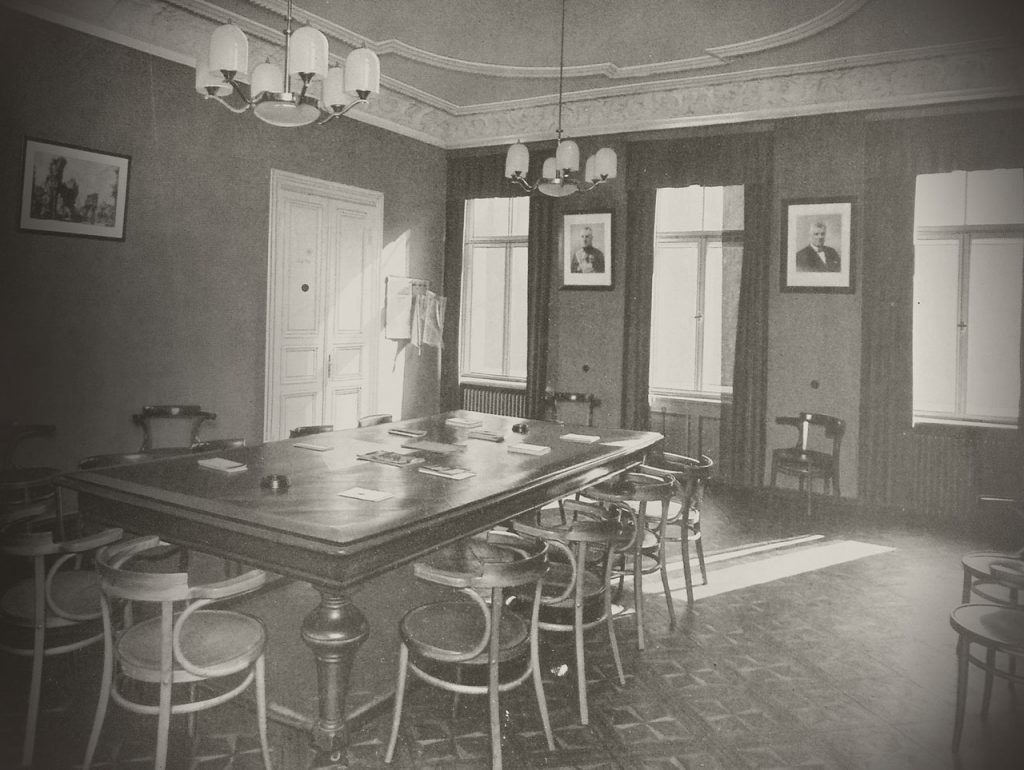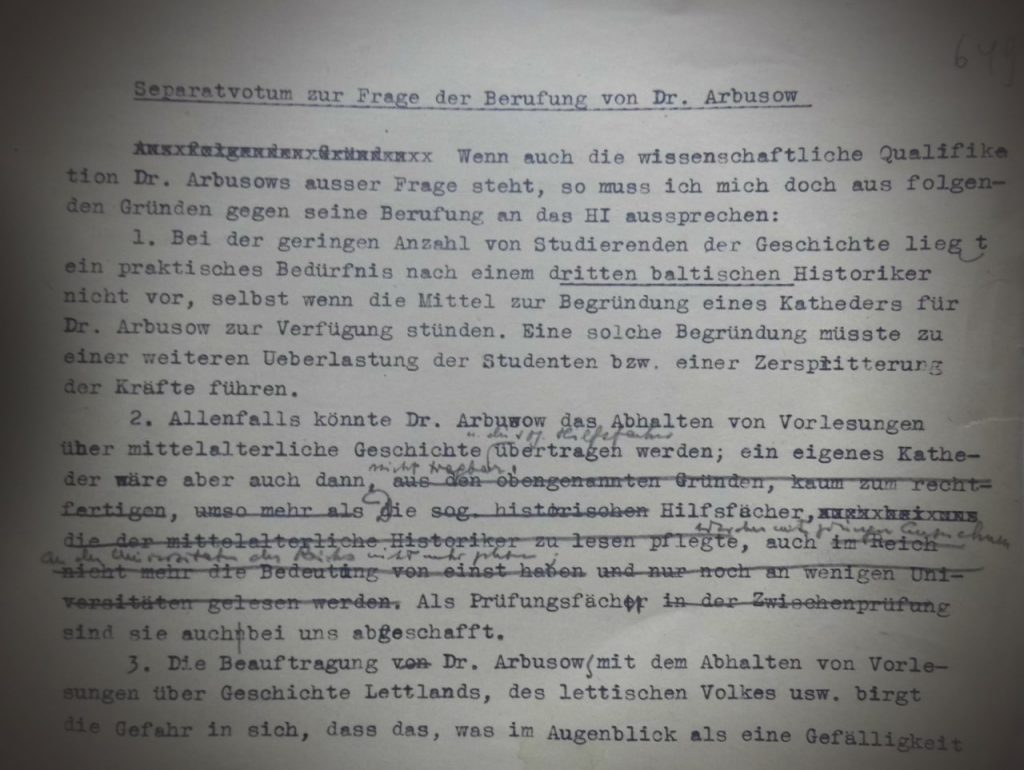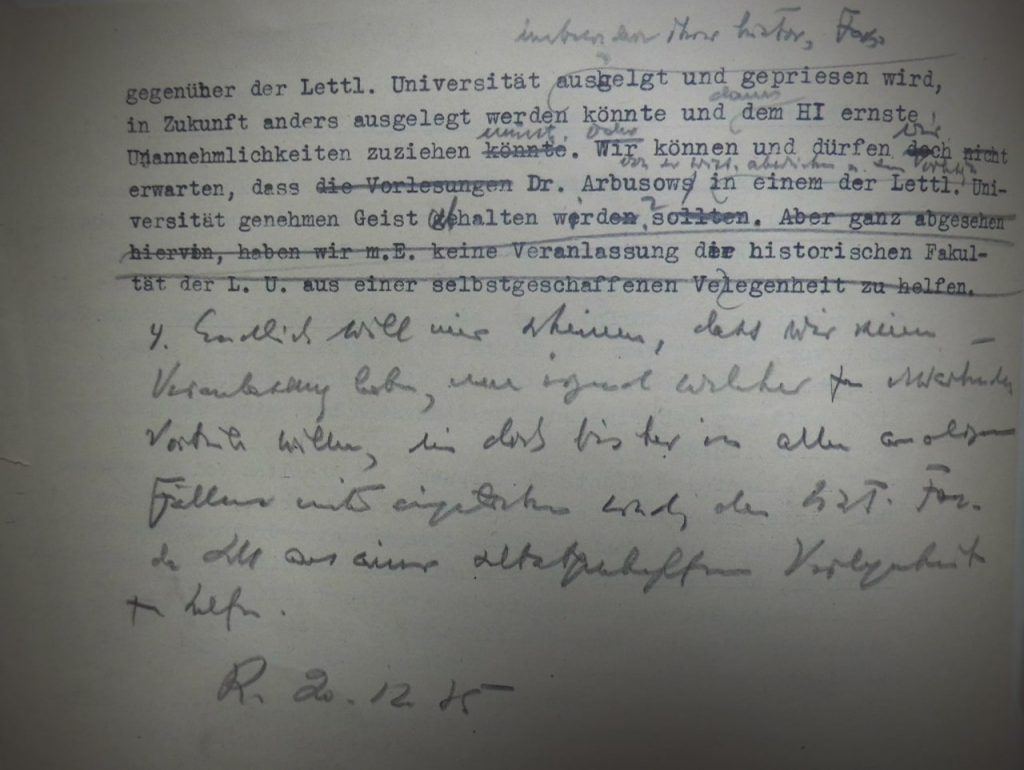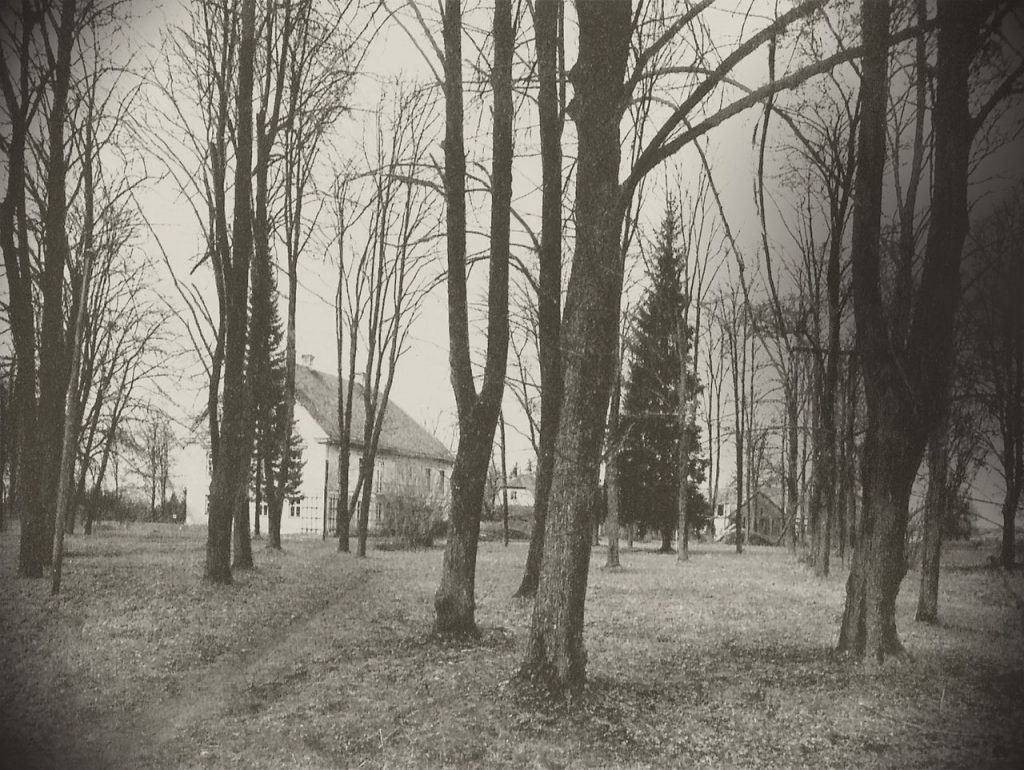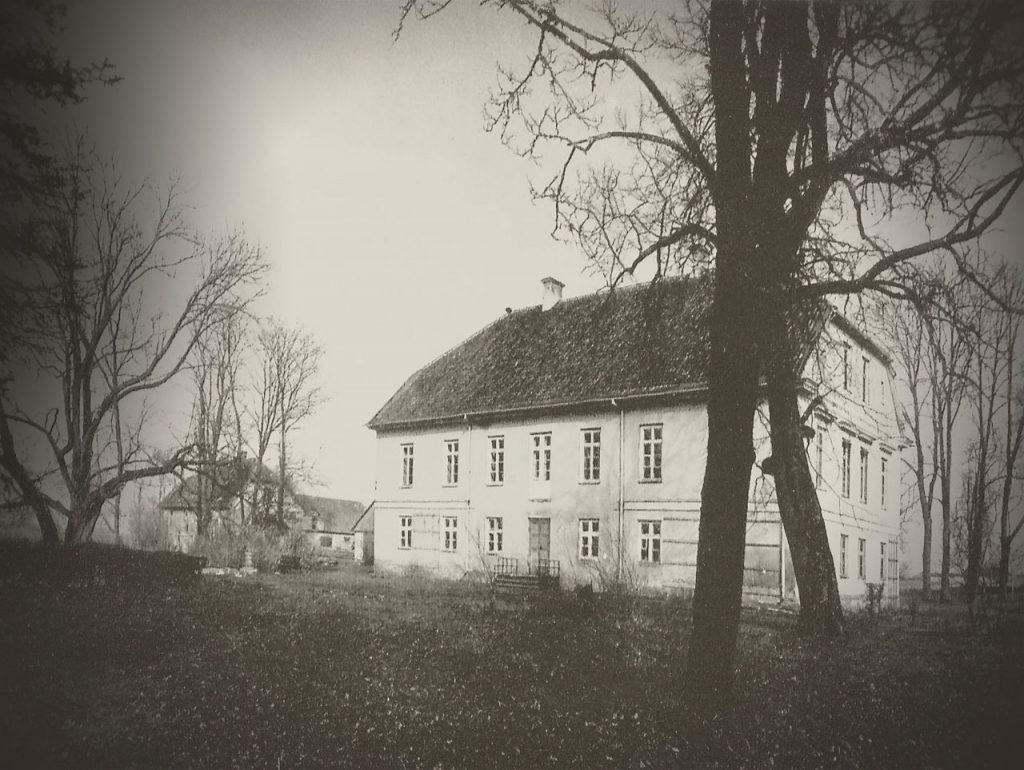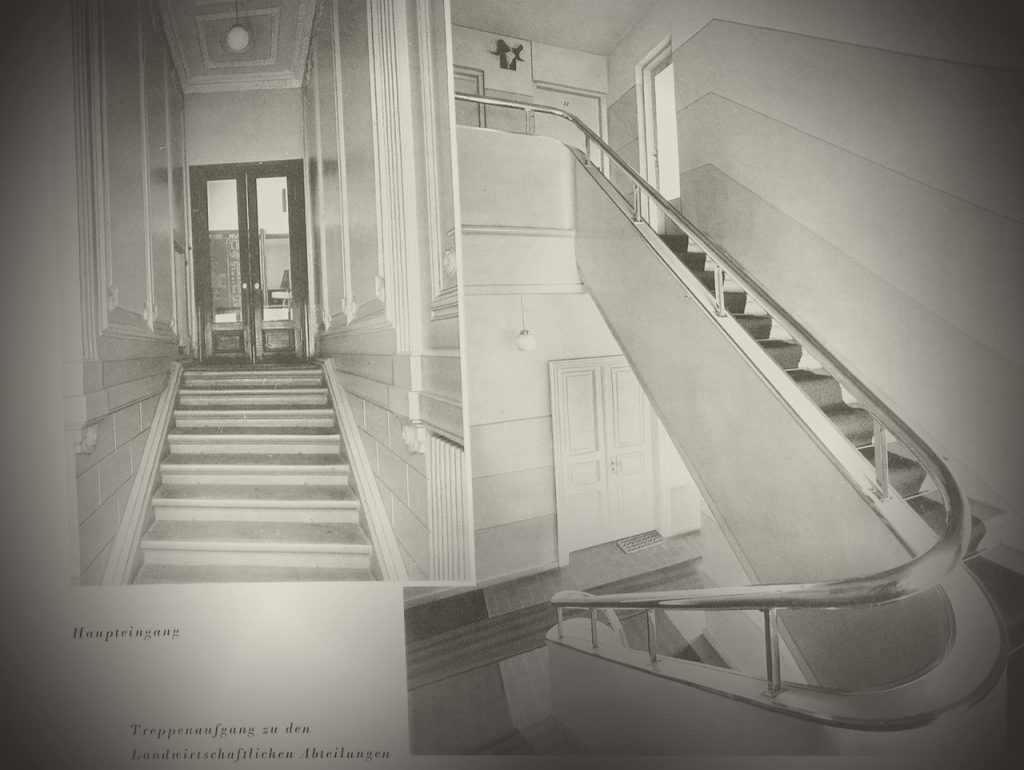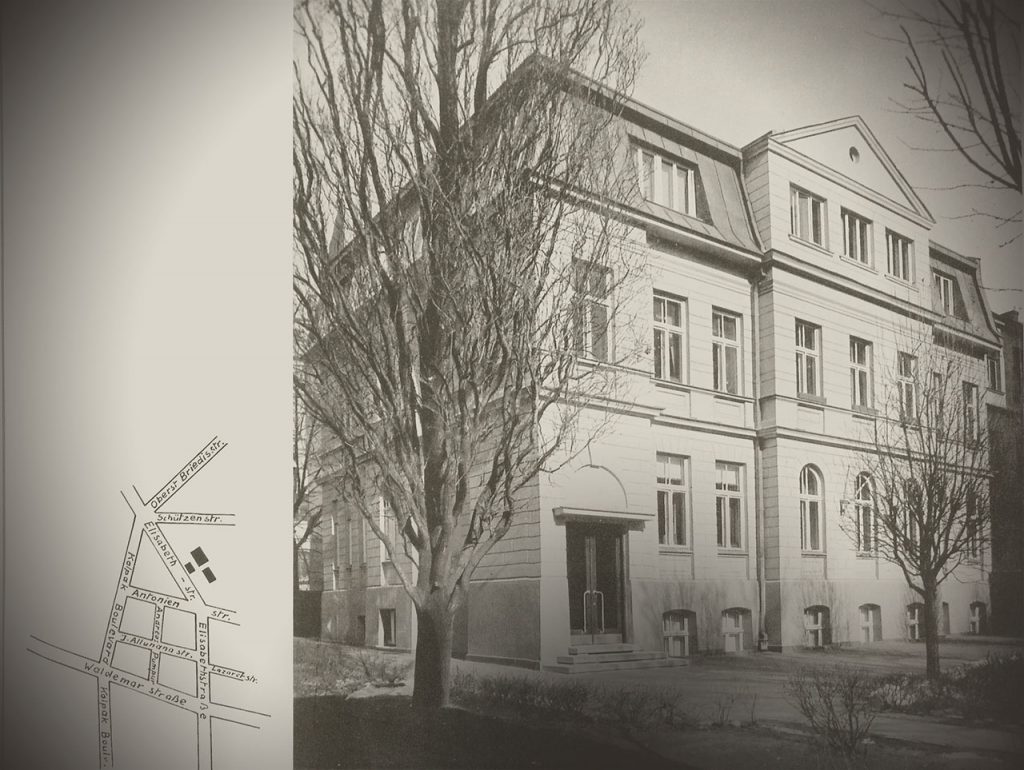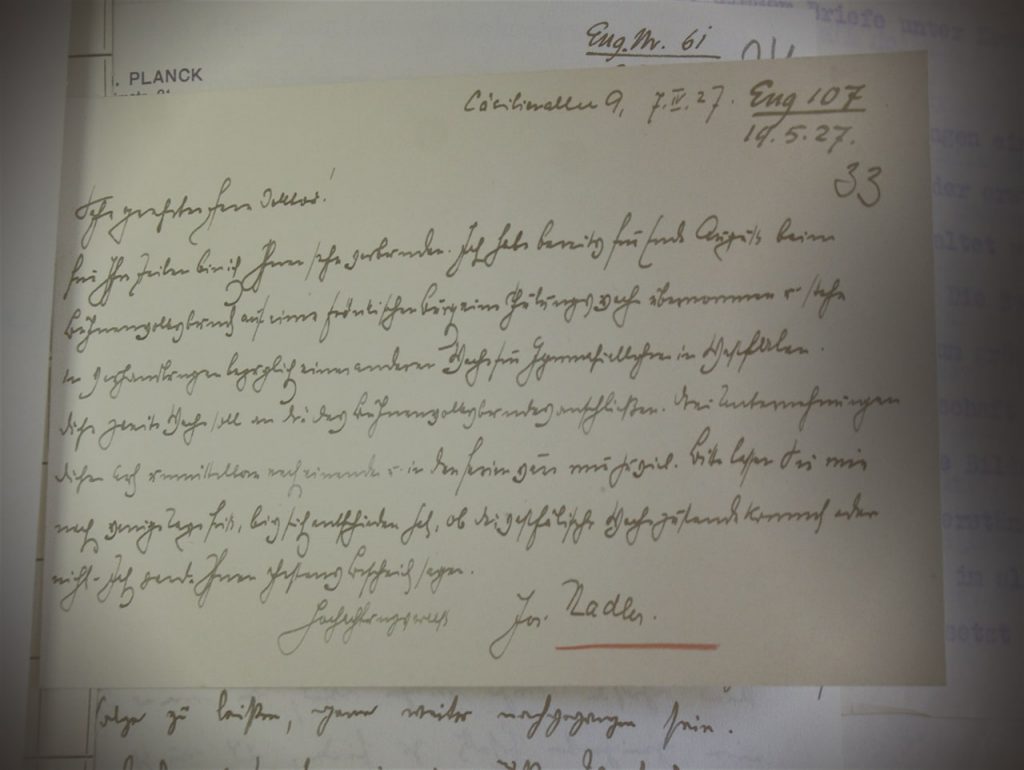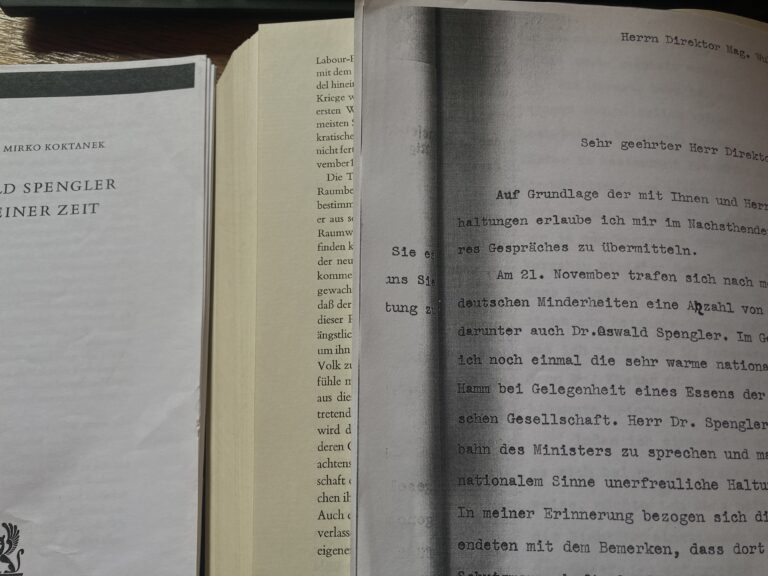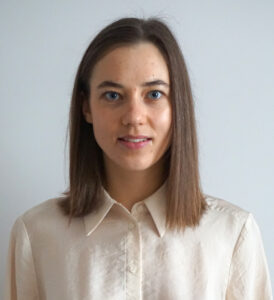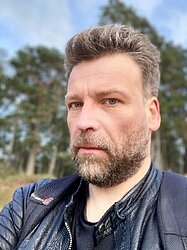The Baltic region was not unknown to Oswald Spengler long before his trip in 1924 through the Baltic States: while studying in Halle there were two students from Tallinn in his fried cycle; at the beginning of the First world war his sister’s husband Fritz Konhard, shortly after conscription in the army, serves in Riga (later, at the end of the war, he dies in the Western Front).
At the end of October, 1924 Spengler leaves for a six-week-long trip in the Baltics. The fate of the cultures is the central theme of his lectures. On the 30th of October Spengler gives a speech in Lunda about “The Beginning of the Great Cultures” and the day after at the same place – about “The History of Language and the History of the Development of the Thought”. It is followed by speeches in Stockholm, Turku and Helsinki (Anton M. Koktanek, Oswald Spengler in seiner Zeit. München: Verlag C. H. Beck, 1968, 369-370). In Scandinavia, his lectures and personality receive a lot of recognition, but there are some critical voices as well. In the conversations and interviews, Spengler emphasizes his vocation as a historian and politician. He plans to return to this region, though the planned trip to the Northern Countries didn’t happen.
Spengler concludes his lecture cycle through the Baltic Sea countries in Estonia and Latvia. Lectures in the Houses of Blackheads in Tallinn and Riga gain attention especially among the German Baltics, whose political and social situation generates questions about the future perspectives of Europe in the context of German politics. In the correspondence that has been published (Briefe. 1913-1936. In Zusammenarbeit mit Manfred Schröter hrsg. von Anton Mirko Koktanek. München: Verlag C. H. Beck, 1963), Spengler has very briefly commented his visit. In the letter of the 9th of January, 1925 Spengler writes to businessman and politician Roderich Slubach: “Unfortunately, it seems that your letter in October is lost. If it would not be like that, maybe we would have agreed on a date when, after returning from Riga and Tallinn, I could visit you, because there are a lot of topics that I would like to discuss with you”, but in the letter to Friedrich Nietzsche’s sister Elisabeth Förster-Nietzsche in the 13th of December, 1924, Spengler writes: “Dear friend, now I have again returned from the trip to the Baltic Sea countries (…) During the Christmas time I will be in Blankenburg and, when going back, I can make a short stop in Weimar, if you like. I wanted to say that during the trip I have read all of Nietzsche’s texts and again they greatly moved me. Something like that in the field of knowing oneself in the German literature has not occurred!”. Materials in the HI archive allows us to paint a more accurate picture of Spengler’s visit to Riga. They reveal the context of the time and allow to draw the portraits and aspirations of the intellectuals at that time.
